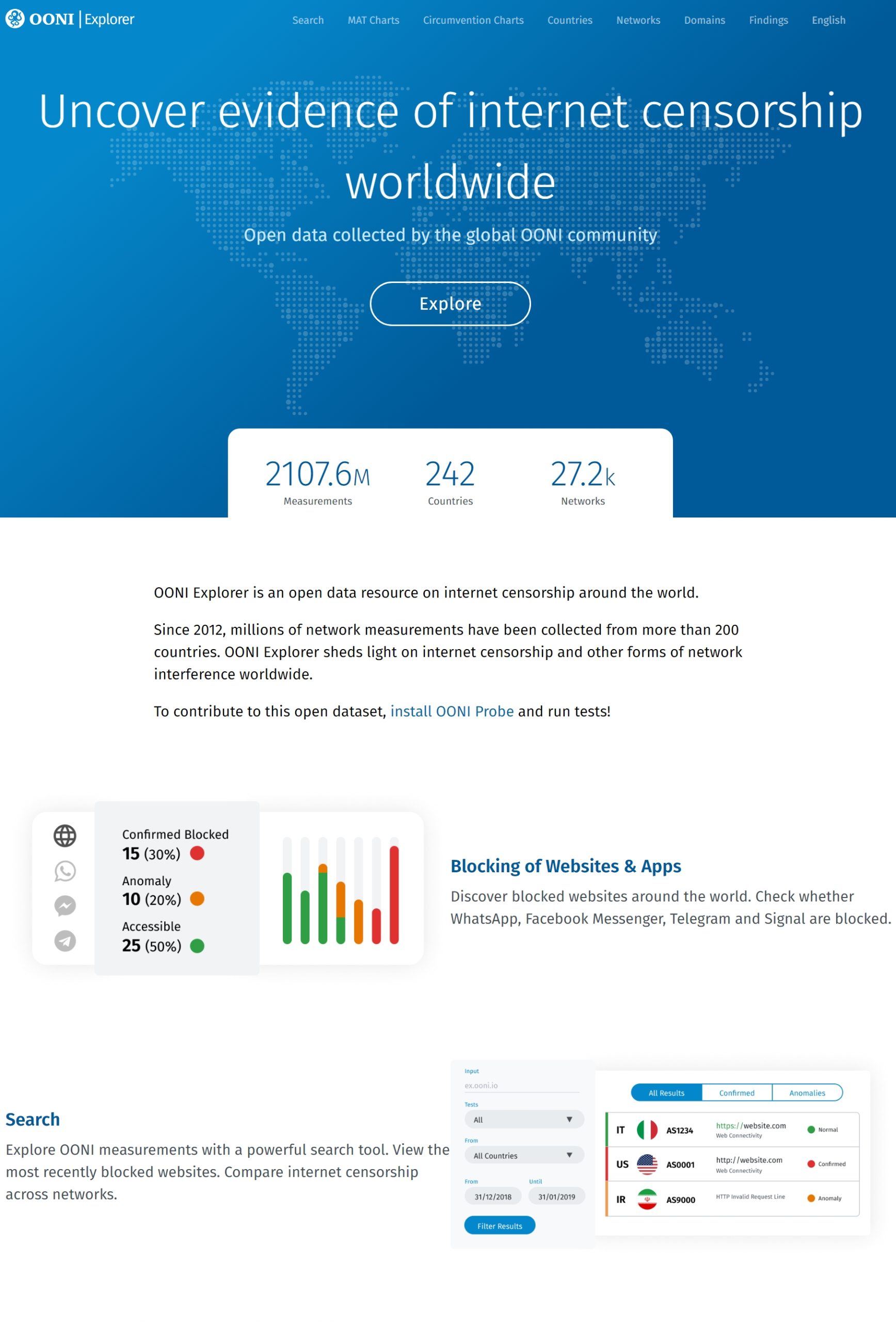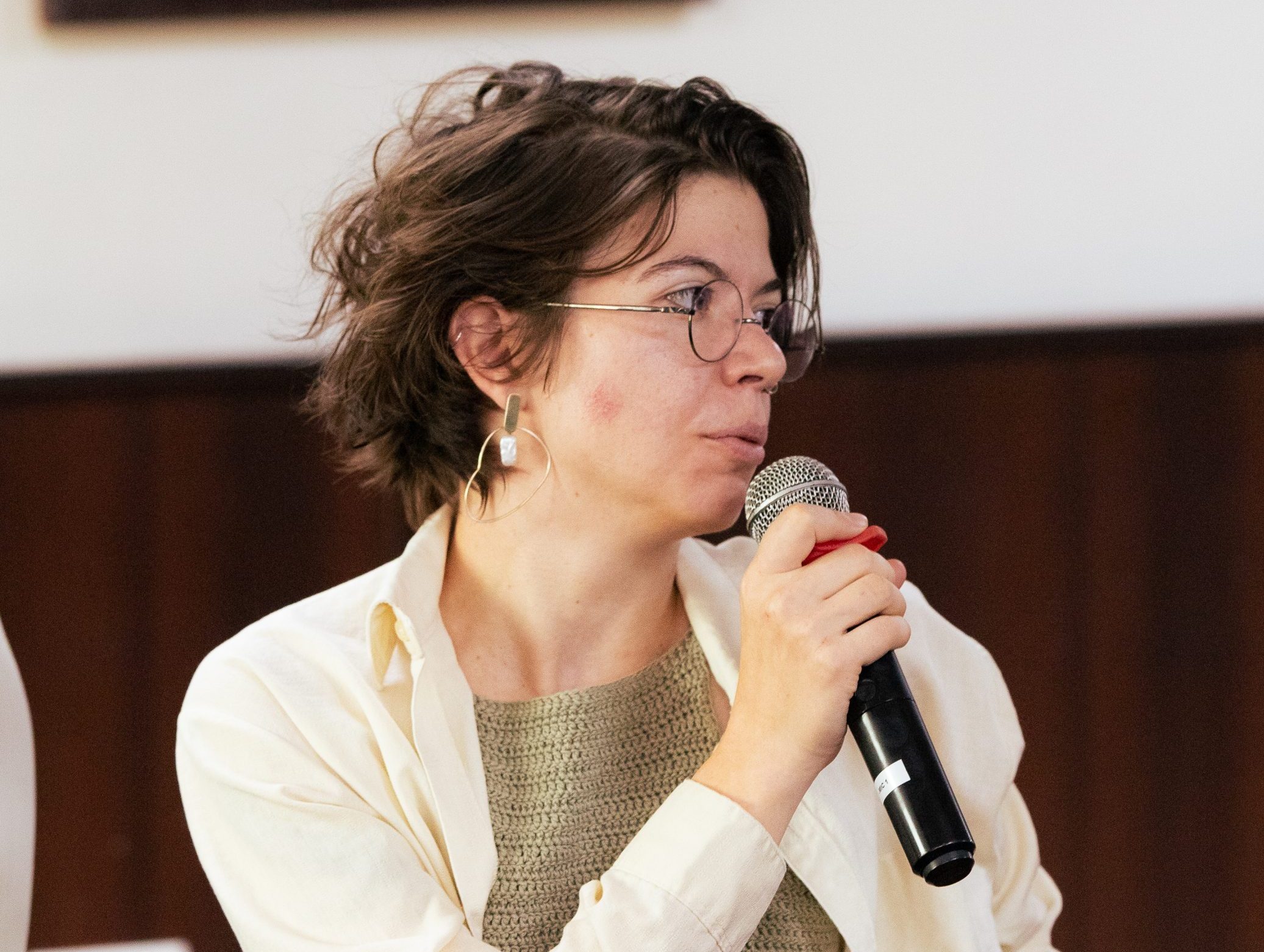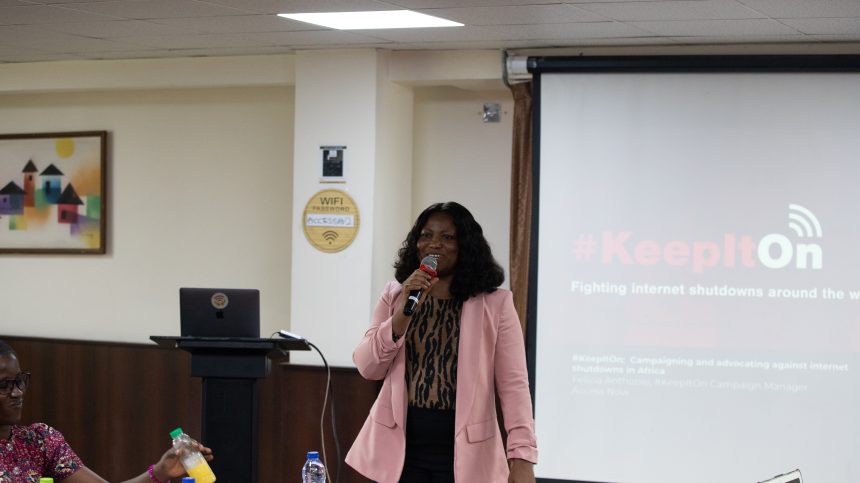Civil society organization involved in the #KeepItOn campaign, AccessNow has held a workshop to discuss the negative impact of internet shutdowns as a measure to restrain spread of information.
The workshop was also organized to train journalists and advocates in civil human rights on how to curb the situation and successfully combat the issue, in the case of its occurrence.
The workshop was organized based on concerns of a possible internet shutdown in Ghana during the general elections which would take place on December 7, 2024. While Ghana has not recorded such a deliberate internet shutdown in previous elections, African governments of late have resorted to using internet shutdown as a measure to prevent information spread during elections mostly on the basis of ‘national security concerns’.
The event, held at Alisa hotel, involved discussions alluding to the issue where workshop participants shared their views on the impact of internet shutdowns. Cited examples of internet shutdown effects included loss of lives in the situation of reaching emergency healthcare or violence, loss of property, loss of jobs and loss of effective communication among people.
Introducing the topic, #KeepItOn Campaign manager for AccessNow, Felicia Anthonio explained what internet shutdown involves and the types of shutdowns such as throttling, where internet speeds are deliberately slowed to impede effective downloading and file transfers.

Ms. Anthonio underscored the need for media journalists and civil rights advocates to call for accountability on the part of government in the occurrence of internet shutdowns whilst also education themselves more on the topic.
“So, we need to hold them accountable and they need to tell us exactly what is happening. Even though they think they don’t owe us any explanation at all. And then, if you suspect, if you’re not sure if it’s an intentional shutdown or whatever it is, you can reach out to the Keep It Home community and we have ways of testing and measuring to tell if it is.”
“And then we need civil society and the media to continue to learn more about this you practice or trend, and then raise awareness about it in your reporting and in your work as well.”
#KeepItOn data analyst, Zach Rosson also shared the statistics on internet shutdowns that occurred over the last few years. In his presentations, he explored the trend of shutdowns, with most of the occurrences happening in the event of elections, national unrests and mass protesting against the governments.
He also emphasized on the need to keep a tab on the statistics involving internet shutdowns to hold the governments accountable effectively.
Subsequently, community manager for OONI, Elizaveta Yachemeneva also presented on a measuring tool called OONI Explorer, which involves measuring data usage on the internet across the globe.

After explaining how the tool can be used for its purposes, Ms. Yachemeneva explained how important this tool was in combatting internet shutdowns, citing monitoring of internet activities and having the records to hold national authorities accountable.

“…we need the technical evidence, we need someone or people in the country or the affected locations to sell us or provide us with context. So if the internet and the government usually is through it may be demanded. We have to reach out to someone to say what is going on in commanding.”
Speaking to media after the workshop ended, Ms. Anthonio emphasized the need to educate more people on internet shutdowns, as a motivation for organizing the workshop.
“We hope that we engage more and more [people] in the government to get more from [this training] and to keep the internet open.”
“[We want to] ensure that we have an open and secure access to the internet during the 2024 general elections. And beyond that, we continue to provide the government with whatever support they need to make sure that the people of Ghana have access to the internet through the elections.”
In many parts of the world, oppressive governments often restrict or shut down internet access as a means to prevent citizens from voicing their concerns about policies that may infringe on human rights or lead to protests and demonstrations.
This internet shutdown, whether manually enforced or caused by uncontrolled events, deprives people of their right to free speech and the ability to effectively communicate their grievances.
Many countries, particularly in Africa, are notorious for implementing internet shutdowns during elections. The goal is to limit the international dissemination of information and maintain control over the narrative. For example, Gabon experienced an internet shutdown during its elections just prior to a coup last year.
As Ghana prepares for its upcoming elections, there are concerns that a similar internet shutdown could occur, hence the need to prepare for the event in time.
–
Story by: Deborah Yakohene | univers.ug.edu.gh




